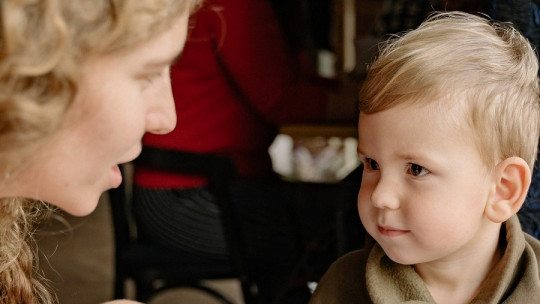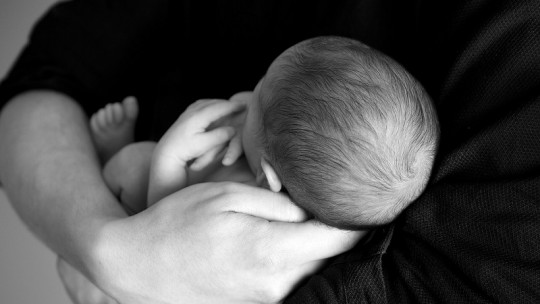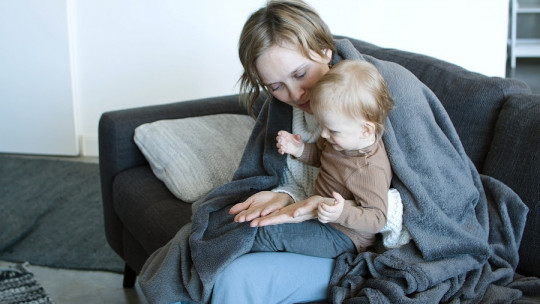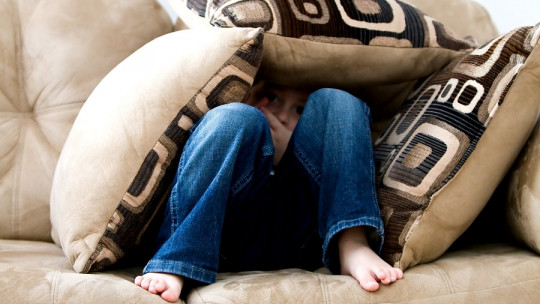
It has long been known, through various research in Psychology and Social Sciences in general, that no human being is innately “programmed” to need to go through a parenting process with a woman acting as a mother.
Although centuries of beliefs based on sexism have been instilling in us the idea that “the natural thing” is to have a mother, this does not correspond to reality; This is why, among other things, there is no problem with the adoption of boys and girls by men.
Now, the fact that we are not biologically predisposed to need a mother does not mean that gender roles do not influence our development during childhood and adolescence, and that is why, in many ways, it is still relatively normal for the little ones expect certain things from their mothers, and not so much from other people. But… What happens when this mother-child relationship becomes toxic? What are its psychological consequences?
The psychological influence of “toxic mothers”
As I commented in the previous section, in the human mind there is no “natural” rule that establishes that the figure of the mother is much more important than the rest; However, culturally this has been the case for centuries, at least in Western society. In part, the fictions we construct through the beliefs we internalize give rise to a reality based on expectations and assigned roles And this means that, many times, we forget that these ideas are human inventions that have been passed from generation to generation.
The fact that for a long time the concept of “woman” has been closely linked to that of “parenting” has put obvious pressure on mothers practically all over the planet, and a limitation on their freedoms. But this has not been the only harmful effect of these sexist dynamics.
Furthermore, the connection between the idea of femininity and that of forced motherhood has meant that, when for any reason, the mother behaves in a harmful way towards her sons or daughters, these suffer especially the influence of this type of experiences. Even if the rest of the family members are a very good influence, if the mother is not, this can cause the well-being of the little ones in the house to suffer a very hard blow, given that almost all the responsibility for parenting is concentrated on a single person.
Let’s see, then, what are the main ways in which having a toxic relationship with our mother can affect us emotionally or even leave psychological consequences that last into adulthood.
1. It can lead to the development of a dysfunctional attachment style
In childhood, boys and girls develop what is known as attachment: a way to internalize attitudes and emotions associated with the presence of other people Attachment arises from the interaction with reference figures, who are usually parents (many times giving special importance to the mother, from what we have already seen before); Taking into account how that relationship with dad and/or mom goes, they get used to reacting in one way or another to their presence or absence. And later, they apply that framework of interpretation of what happens to the rest of the relationships.
If parents provide their children with the correct balance between protection and freedom to interact with the environment and learn on their own, the attachment style that the child develops will be appropriate and adaptable to many circumstances.
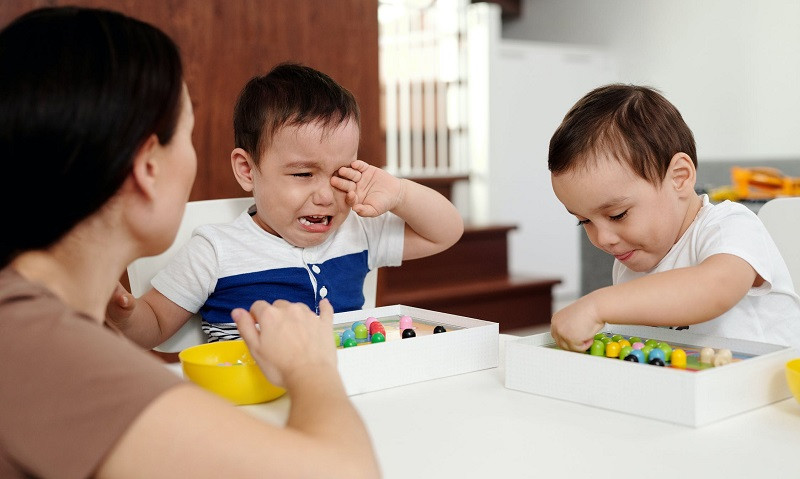
But if the child learns that he cannot trust the father or mother’s protective capacity, or if he sees that this is sometimes satisfactory and other times very unsatisfactory, will develop problematic attachment styles: You may get used to always depending on reference figures, or, on the contrary, you may be indifferent to their presence. And as the years go by, this is reflected in the personality of that child, adolescent or adult and in their way of relating to others, whether or not they are members of their family: there will be a greater tendency to avoid at all costs commitments, or to generate bonds based on emotional dependence, etc.
In this sense, those who have gone through a childhood strongly marked by gender roles and have felt the influence of a toxic relationship with their mother, will probably internalize the idea that they can’t be safe with anyone that no context is safe, since they did not enjoy that feeling of security under the care of those who were supposed to take care of all their physical and emotional needs in the first years of life.
2. It can generate an obsession with fitting into gender roles
It is relatively common for those who were raised by a mother with toxic behaviors in their childhood to develop an obsession with fitting in with what is expected of them according to gender roles. This is due, among other things, to the fact that they explain the discomfort they suffered in their childhood and/or adolescence as an example of the chaos that occurs if a reference figure (in this case, the mother) does not fit the role, which is expected of her.
The difference between what was expected and what was experienced in relation to his mother causes his attention to be focused on that comparison and as a consequence, they have that “mold” of the gender very present when deciding what to do at any given moment, also as a way to distance themselves from those painful experiences from their past.
3. In some cases, trauma arises
In the most extreme cases, the influence of a toxic relationship with the mother can generate trauma with intense symptoms; When this happens, the person suffers for years anxiety attacks that occur when recalling certain memories, as well as “flashback” episodes in which painful experiences are relived in a very vivid way (as if they were taking place in the present). It is a common type of psychological alteration when abuse has been suffered, without the need for physical violence.
Do you want to have psychotherapeutic assistance?
If you are interested in having professional psychological help, contact me.
My name is Carolina Marin and I am a General Health Psychologist federated by the Spanish Federation of Associations of Psychotherapists and a member of the Spanish Association for Research and Development of Family Therapy. I work serving the adult and adolescent population, also intervening in the areas of family and couples therapy. I offer in-person and online sessions by video call.

